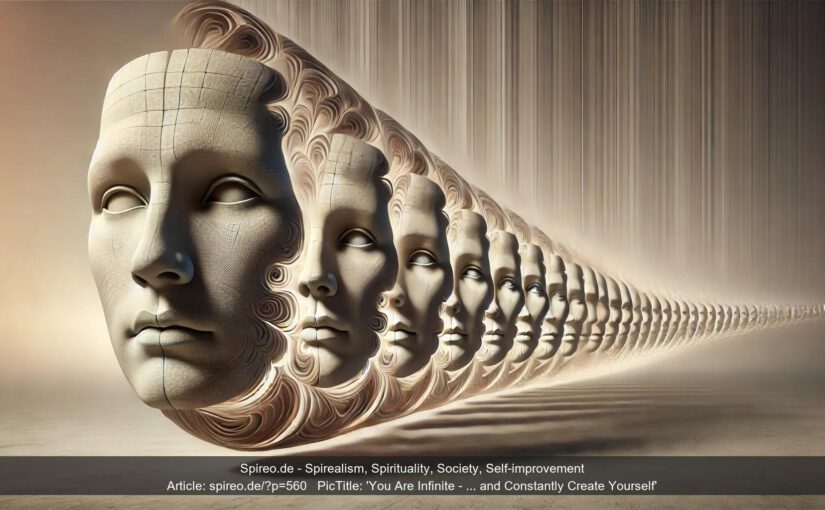The Principle of Object-Oriented Thinking
At the heart of this concept lies the idea that all things can be perceived as a whole. This “whole,” however, is not fixed but carries within itself the potential to be divided or multiplied to infinity. This applies to both material and immaterial things, to inanimate objects as well as living beings. Even the universe, which contains everything, is subject to this principle. It can exist as a single unit while still being conceivable as a parallel universe, effectively doubling itself. This object-oriented thinking is deeply rooted in our consciousness and forms a foundation for our understanding of the world.
The significance of this perspective becomes clear through a thought experiment: What if the universe contained only one single thing? Without a second object, there would be no observer, no space, no relationship. Existence itself would be impossible.
The 7 Principles of Object-Oriented Thinking
The principle of object-oriented thinking can be summarized in seven key principles:
1. Unity and Wholeness: All things are inherently a whole.
2. Infinity of Divisibility: Every object can be divided into an infinite number of parts.
3. Infinity of Multiplication: Everything can be infinitely copied or multiplied.
4. Spirit as Principle: The divisibility and multiplication of things demonstrate that spiritual principles supersede material ones.
5. Opposites Create Unity: Opposites like Yin and Yang are essential for understanding the world.
6. Infinity of the Universe: The universe itself adheres to this principle.
7. Consciousness as Creator: Our perception and thoughts shape reality by assigning meaning to it.
These principles connect material and spiritual concepts into a comprehensive philosophy that explains the universe and everything within it.
The Universe and the Idea of Divisibility
The ancient Greek philosophers viewed the world as composed of matter and asked the question of an indivisible core: the atom. But this idea was refuted by science. The atom has proven to be divisible, just as the universe is infinite. This principle illustrates that the notion of the smallest particle is closely linked to materialism. Without a fixed core, material existence would approach zero, calling into question the existence of the whole.
The infinity of divisibility also serves as evidence that spiritual principles are the foundation of our existence. Matter, therefore, is not a closed reality but a concept created by consciousness.
Consciousness and Change
Consciousness plays a central role in the perception of objects and their significance. Observe how your image of yourself or others changes through focus. Things that receive attention grow in importance and become more significant. This principle can also be observed in relationships with others: Loved ones, celebrities, or authorities gain size through our thoughts and imaginations.
At the same time, it is important to avoid brooding habits. These create fixed structures that hinder change. The ability to remain unfixed leaves room for new perspectives. Positive analysis fosters creativity and transformation, whereas negative analysis often leads to stagnation.
